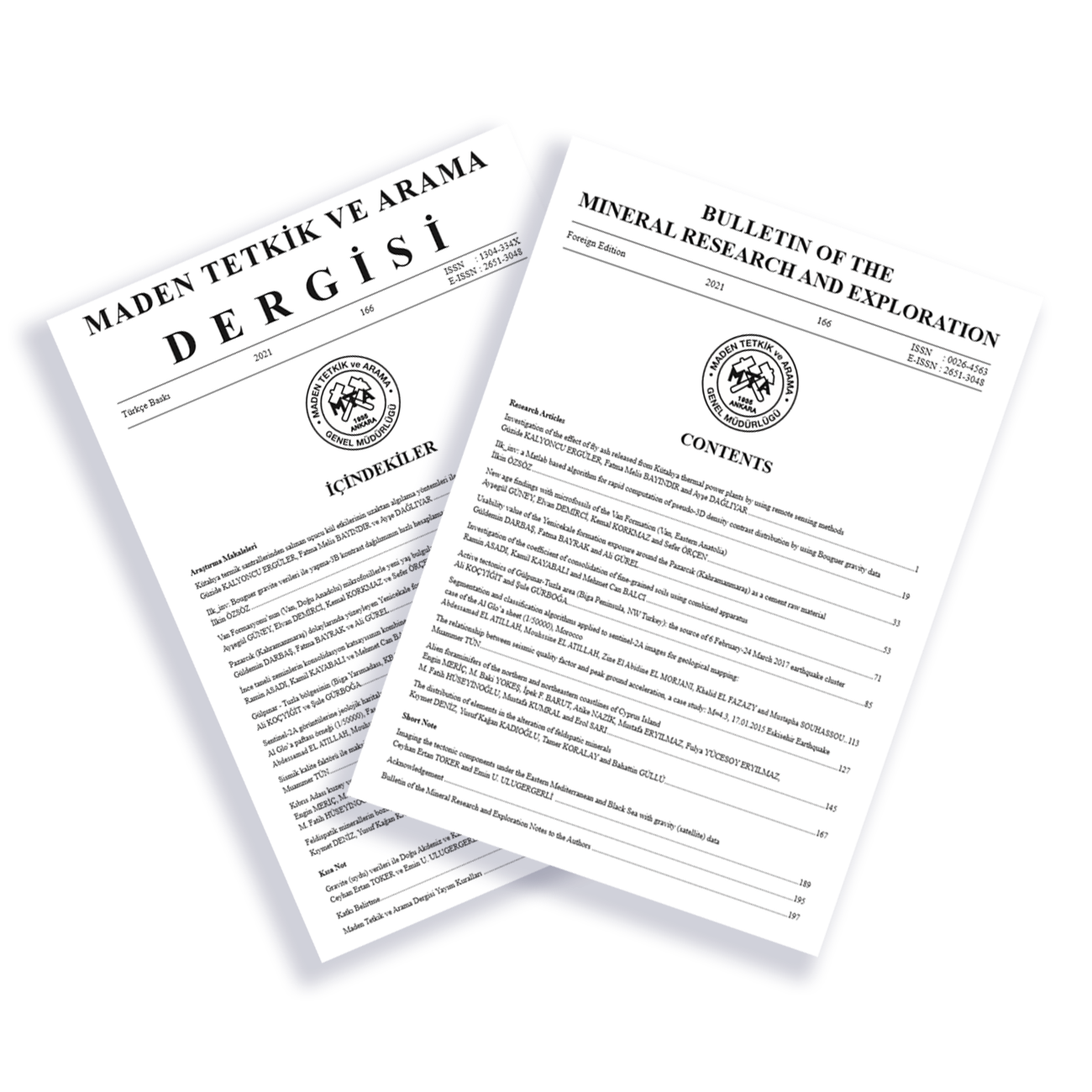Details
Archaeoseismology: Earthquake traces studies in ancient settlements; a chronological evaluation from the World focusing on Türkiye
Arkeosismoloji: Antik yerleşimlerde deprem izleri çalışmaları; Dünya’dan Türkiye’ye odaklanan kronolojik bir değerlendirme
Indexed In
Volume 174 / August 2024Authors
Ökmen SÜMER, Volkan KARABACAKKeywords
Archaeoseismology, Archaeoseismologist, Ancient human structures, Chronological development, Anatolia.Abstract
Archaeoseismology is a field of science that investigates the remains of ancient human structures of destructive earthquakes that occurred in their ancient history and in this respect makes inferences on the possible effects of earthquakes whose origins will be may occurred in the future. Although many authors wrote the effects of ancient earthquakes in various periods, the first modern archaeoseismology studies in the world gain momentum starting from the end of the 19th century at the same time with Türkiye. In this understanding, the geography of Anatolia (Asia Minor), which has hosted a wide variety of cultural layers since its Mesolithic end, is an open-air research laboratory for modern archaeoseismological studies. This study is a reference work that summarizes the historical past of the discipline of archaeoseismology chronologically in the perspective of studies on Earth and Anatolia, presents suggestions about the future of archaeoseismology and is a literature summary for the new generation of archaeoseismologists.
Click for .pdf Türkçe .pdf için tıklayınız
